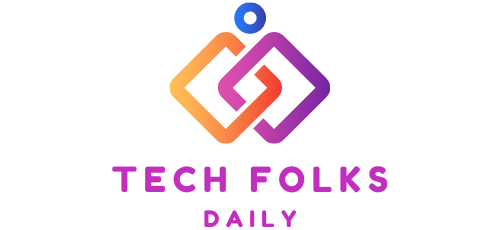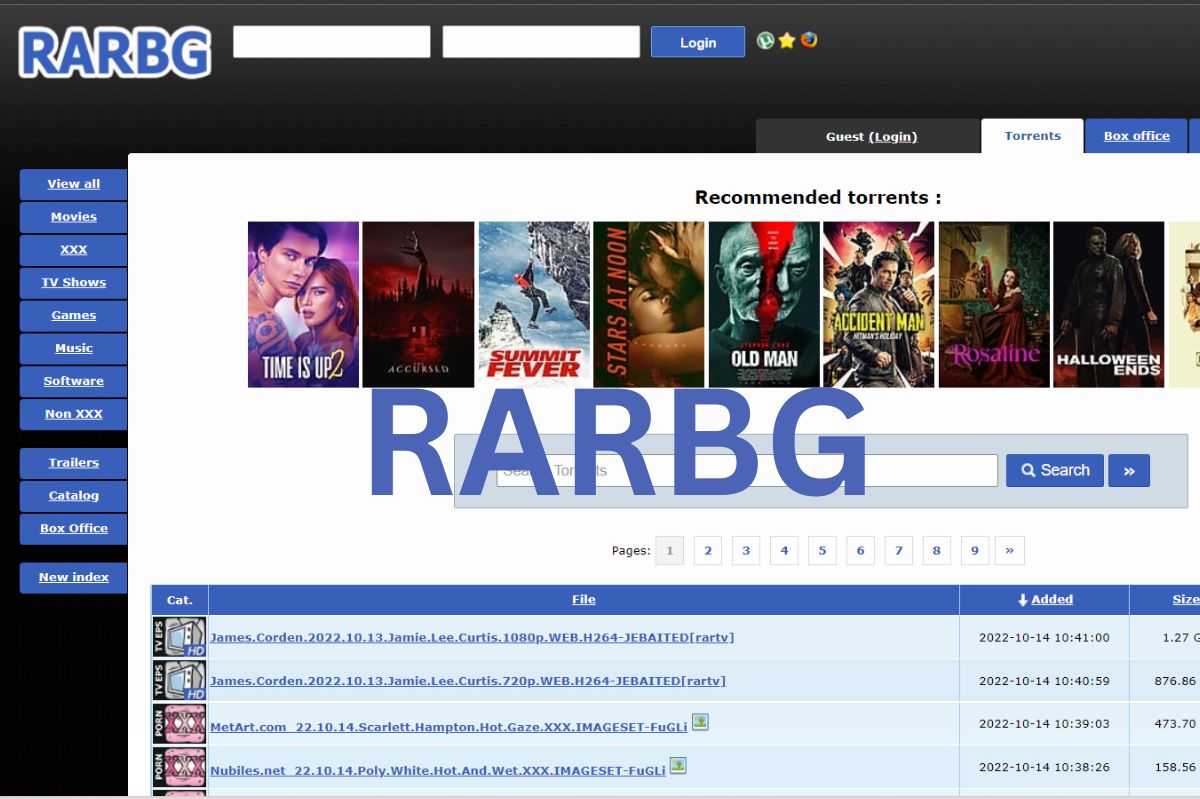Strong And Weak Artificial Intelligence: The Differences
Strong And Weak Artificial Intelligence stands out in strong and weak. Let’s see what the differences are and what the future implications of this discipline are.
When we talk about artificial intelligence and AI, we mean the field dedicated to creating “thinking” systems born in the 1950s and still focused on the creation of intelligent machines.
Who has never seen an episode of KITT, the machine with artificial intelligence-driven by Michael Knight (David Hasselhoff), or has never seen 2001: A Space Odyssey, the Stanley Kubrick film?
Artificial intelligence has always had an essential space in the common imagination, and over time we are developing increasingly advanced systems.
Since the Turing Test, man has been looking for technological solutions to develop an AI, a machine with a mind capable of having a behavior indistinguishable from that of a human being.
This discipline, equipped with a program or, more recently, with neural networks, has also given rise to a debate on its practical feasibility and ethical implications.
The Origins Of Artificial Intelligence: Alan Turing
The father of artificial intelligence is undoubtedly Alan Turing, who in 1950 published “Mind,” a short text in which, starting from the question “can a machine think?”, He re-elaborates it in “Can a machine be linguistically indistinguishable from a human being? ?”
To answer this question, he proposes a test, the “Turing Test” (TT): A man, placed in a room, asks questions to the person (or computer) in the next room. If the man cannot distinguish which of the two he is conversing with, the computer has passed the test and can be called artificial intelligence.
This type of intelligence is considered weak; in the next paragraphs, we see why.
Strong And Weak Artificial Intelligence: Characteristics
Underlying the concept of artificial intelligence is man’s desire to create a link between automation and reasoning. As defined by John Searle, automation has split into two basic theories: weak AI and strong AI.
To understand how these two theories differ, it is first necessary to understand the mind’s vision can be called a program.
The brain receives stimuli; stimuli produce reasoning, producing behavior. AI aims to produce a machine capable of simulating human reasoning.
At this point, the distinction between strong AI and weak AI starts from a substantial question: can the machine be equal, or can it even overcome human reasoning?
To understand how to answer this question, another more philosophical question must be asked: is intelligence only mathematics, or are there other factors such as language or emotions?
Weak Artificial Intelligence (weak AI)
However, it is different when we talk about Weak AI: in this case, the technological system created goes to work on single actions and activities (for example, the automatic translation of texts or intelligent facial recognition systems), bringing results superior to those of humans. In these cases, artificial intelligence is trained to be potentially scalable over large numbers. On this, however, there are beginning to be examples and consolidated practices that are leaving their mark.
This refers to practical applications where the ability of the machine to understand and solve specific problems is required, such as the game of chess or the ability to read an X-ray and issue a diagnosis. For many, this type of Intelligence is the only one possible for machines because they will never be able to replicate the human mind and thought.
Weak AI is based on “as if,” i.e., it acts “as if” it has a mind. The goal is not to make machines that have human intelligence but systems capable of successfully acting in relation to complex human functions. A system, therefore, can simulate human behavior without ever equaling or surpassing it.
It, therefore, deals with the resolution of specific problems by investigating similar cases and, developing a series of solutions, choosing the most suitable for the specific case.
Strong Artificial Intelligence (strong AI)
The AI Forte, on the other hand, goes much further. He claims that the technological system will be more advanced than the human one because learning skills and making decisions will be superior.
Until the end of the last century, scholars strongly believed in strong AI. In this regard, how not to mention Isaac Asimov and his famous three laws of robotics. In his novels, robots often reason in a more sophisticated way than humans.
Therefore, this particular philosophy of automation concerns the creation of intelligence that is not the “banal” replica of the human mind. It must be unique, capable of solving still unresolved problems by improving one’s reasoning and evaluating it over time through experience.
The Role Of Machine Learning And Deep Learning
Two specific disciplines have taken hold in AI, machine and deep learning.
Machine Learning aims to make machines learn to perform tasks. It consists of a series of algorithms for analyzing large amounts of data. Mathematical and statistical functions can make predictions and obtain unpredictable and previously unplanned results.
Deep Learning is used to achieve the same goal but with a different process. It uses artificial neural networks, which simulate the biological behavior of neurons in the human brain. He autonomously chooses the algorithms to achieve the goal and uses unscheduled techniques.
If machine learning is therefore used for weak AI, Deep Learning is more used for studying strong AI.
Artificial Intelligence Today
Artificial Intelligence today allows us to have self-driving cars, personalized shopping advice about us, and suggestions based on our habits.
Since its inception, AI has increasingly evolved, and today it allows us to automate many processes of our daily life, so much so that we do not realize it by now.
Strong And Weak Artificial Intelligence: AI In The Future
Currently, a machine capable of truly understanding with a quality equal to that of a human does not exist, but research is making great strides.
One of the fears is represented by the moment in which the Strong AI will no longer be predictable as the systems will be able to evolve autonomously.
In this sense, scientists, but not only, are questioning the ability to manage these bits of intelligence in the near future.
Also Read : Microsoft Exchange: E-mail For Your Business



